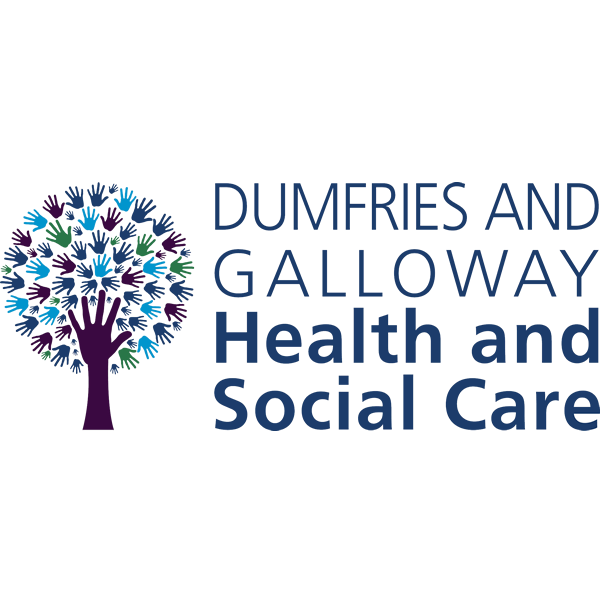D & G Social Work
Adult Services (Monday to Friday between 9am and 5pm)
030 33 33 3001
Accessteam@dumgal.gov.uk
Out of hours
Call 030 33 33 3001 or email socialworkoutofhours@dumgal.gov.uk for help outside normal working hours.
Contact details for each authority
- Referrers should consider their own agency’s referral procedures and consult with their local council.
- All referrals, including anonymous referrals, should be taken seriously. Cases must be considered with an open mind without assuming that harm has, or has not, occurred.
- Referrals should be sent to the local authority where the adult is currently present (host authority).
- Where harm has occurred out with the host authority it is still the host authority’s responsibility to carry out all necessary inquiries. It is expected that the host authority will contact the local authority where the person normally resides to alert them to the adult protection referral.
- Following the initial inquiry both councils will enter into discussions on how best to take forward the adult protection referral.
